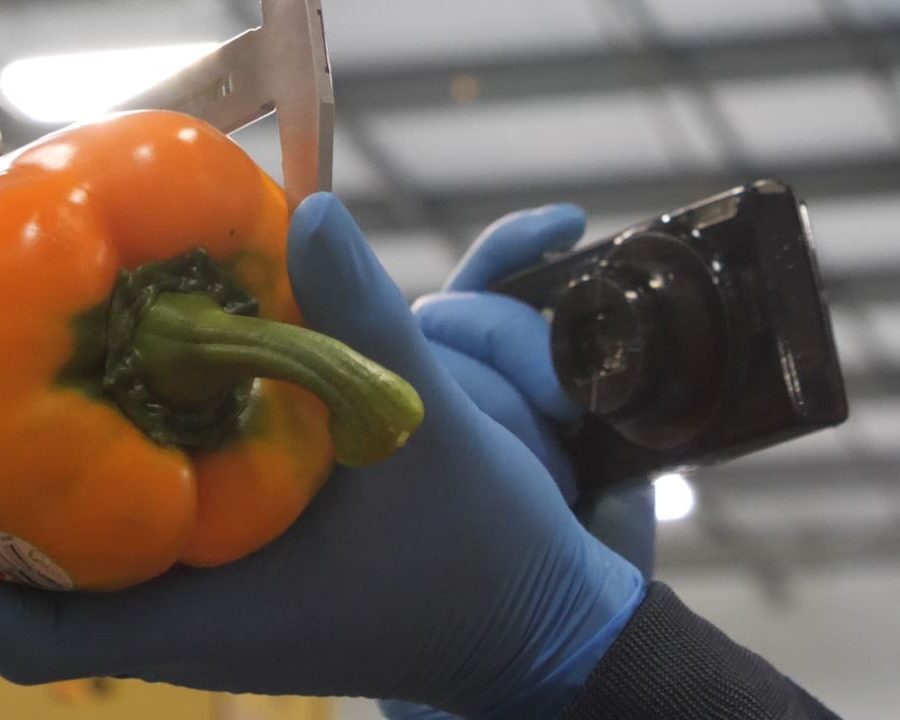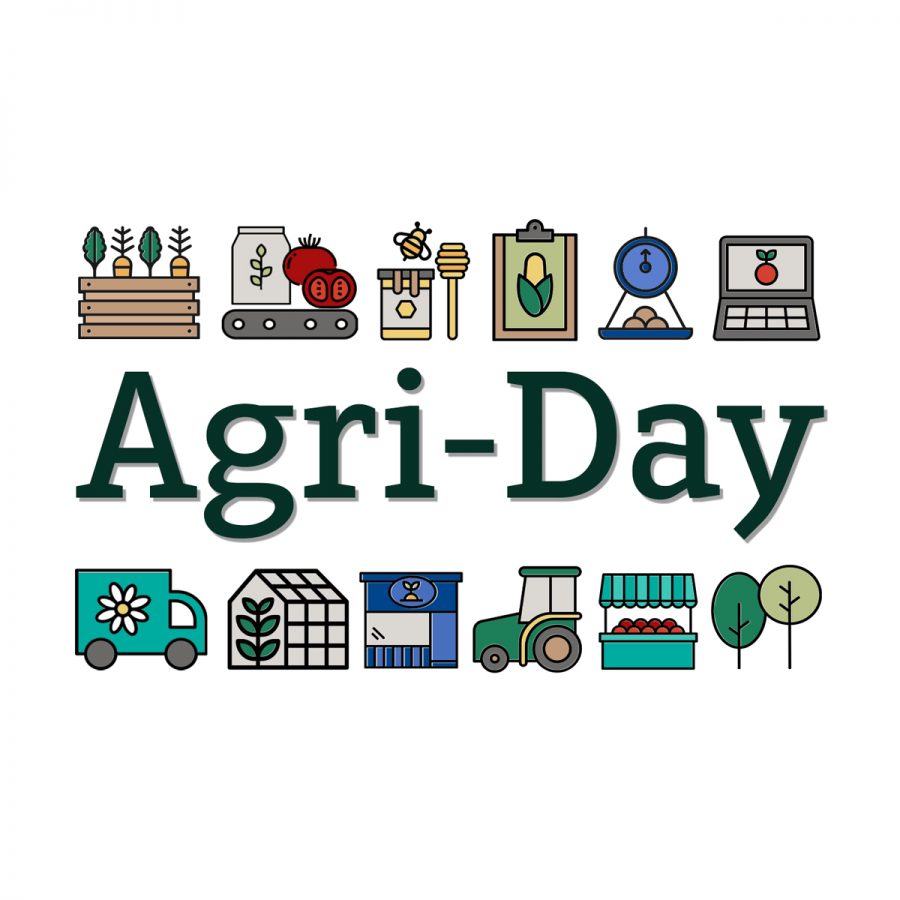Project Overview
PROJECT DELIVERABLE
To better promote in-demand careers in the agriculture sector locally, the LEPC has created A Career Guide to the Agriculture & Agri-Food Sector in Windsor-Essex, with career profiles featuring automated components/tasks in each position, promotional videos highlighting the in-demand occupations and the role of automation in the agriculture & agri-food sector, occupational blogs, and organized industry tours for the available and future workforce.
Project Timeline
April 1, 2019 to January 1, 2020
Project Status – COMPLETED
On Wednesday, July 31, 2019, we launched the WEexplore Agriculture project and released A Career Guide to the Agriculture & Agri-food Sector in Windsor-Essex. This career guide explores the top 52 in-demand agriculture and agri-food occupations in Windsor-Essex. It also highlights the skills and experience that those in select vulnerable manufacturing occupations can transfer to the agriculture sector. On the same day, we also launched the first of five engagement videos that highlight the careers, technology, and working conditions of a variety of jobs in the industry. The remaining videos have been launched as of September 25, 2019. Agri-Day was hosted to help connect hundreds of students and jobseekers with employers in this sector, through public workplace tours on September 24, 2019.
To learn more about each of the five project deliverables click below:
Project Rationale:
Agriculture is one of the fastest growing sectors in Windsor-Essex. However, the current skills shortage in Windsor-Essex is hindering the sector’s ability to expand effectively. 60% of Canada’s vegetable greenhouses are in Ontario, and Leamington has the most acres of greenhouses in Canada or the U.S.A. (The Windsor Star, 2013). Much of the skills shortage can be attributed to the poor stigma locally of the sector held by both jobseekers and students. While many presume there is a lack of career opportunities and mobility in the sector, local employers are losing business because they do not have the staff numbers to support the increasing demand. The Ontario Greenhouse Vegetable Growers projects there will be an additional 7,900 jobs in Ontario over the next 10 years, including both direct and indirect employment in the sector and we expect a decent percentage of this employment growth to happen in Windsor-Essex. As greenhouse vegetable growers do represent a large fraction of the local agriculture sector, there is a much larger projection for future employment in the entire agriculture & agri-food sector, including non-greenhouse farming, cannabis growing, and food production.
An additional component of the local agriculture sector is the need for specialized workers to fill positions in the cannabis growing industry. The quickly growing cannabis industry locally has further affected the skills shortage, with the current strained agriculture workforce not being available to newer employers in the area. While the cannabis growing industry is relatively new to the area, employers are already being affected by the current skills shortage, with production being slowed, and in some cases halted, due to a lack of staff.
While the agriculture sector has always been a large economic contributor, the opportunities for higher talent positions are increasing due to a greater reliance on automation in the sector. With automated processes improving the efficiency and economic potential of local agriculture employers, jobseekers and students need to be aware of the modern career opportunities that are now available in the sector.
Workforce WindsorEssex will develop a guide that outlines potential careers in the agriculture sector to promote the positive outlook of the sector locally, as well as the role of automation in many of these positions, and the necessary skills and training required by those interested in becoming employed the sector. Providing the printed guide to jobseekers and those in the available workforce will better disseminate the labour market information to rural communities with unreliable or limited internet access. The guide will also include information on how those with work experience in the manufacturing sector can transfer their skills and experiences to work in agriculture. If employment worsens in Windsor, being aware of related positions and job duties in the agriculture sector could soften job losses in manufacturing.
Additionally, the occupational blogs, video profiles, and tours will provide students and jobseekers with an accurate view of the local sector and potential hands-on learning experiences. These components of the project will ensure that those with low-literacy, a lack of knowledge of the sector locally, or those new to Canada will have the opportunity to learn about the sector in a visual and hands-on environment. By adding additional agriculture career profiles to our current WEexplore tool, those exploring careers in the sector will have a wider, and more accurate, view of a career in the sector. Providing information through WEexplore ensures that users are receiving up-to-date, and often live, information on the sector.
Project Contact:
Corey Shenken, Project Coordinator & Researcher
226-674-3220 ext. 858





